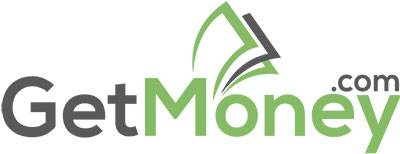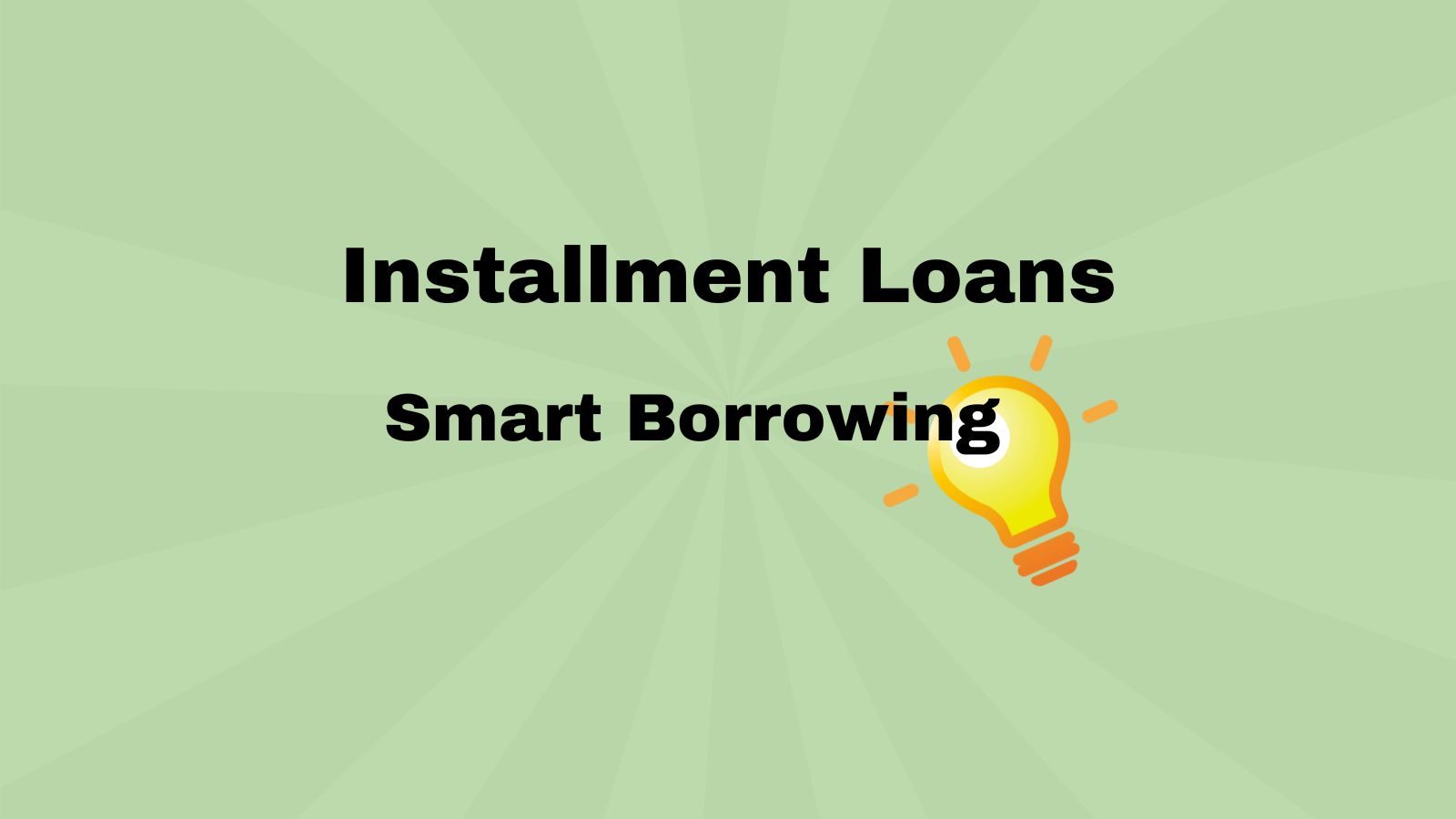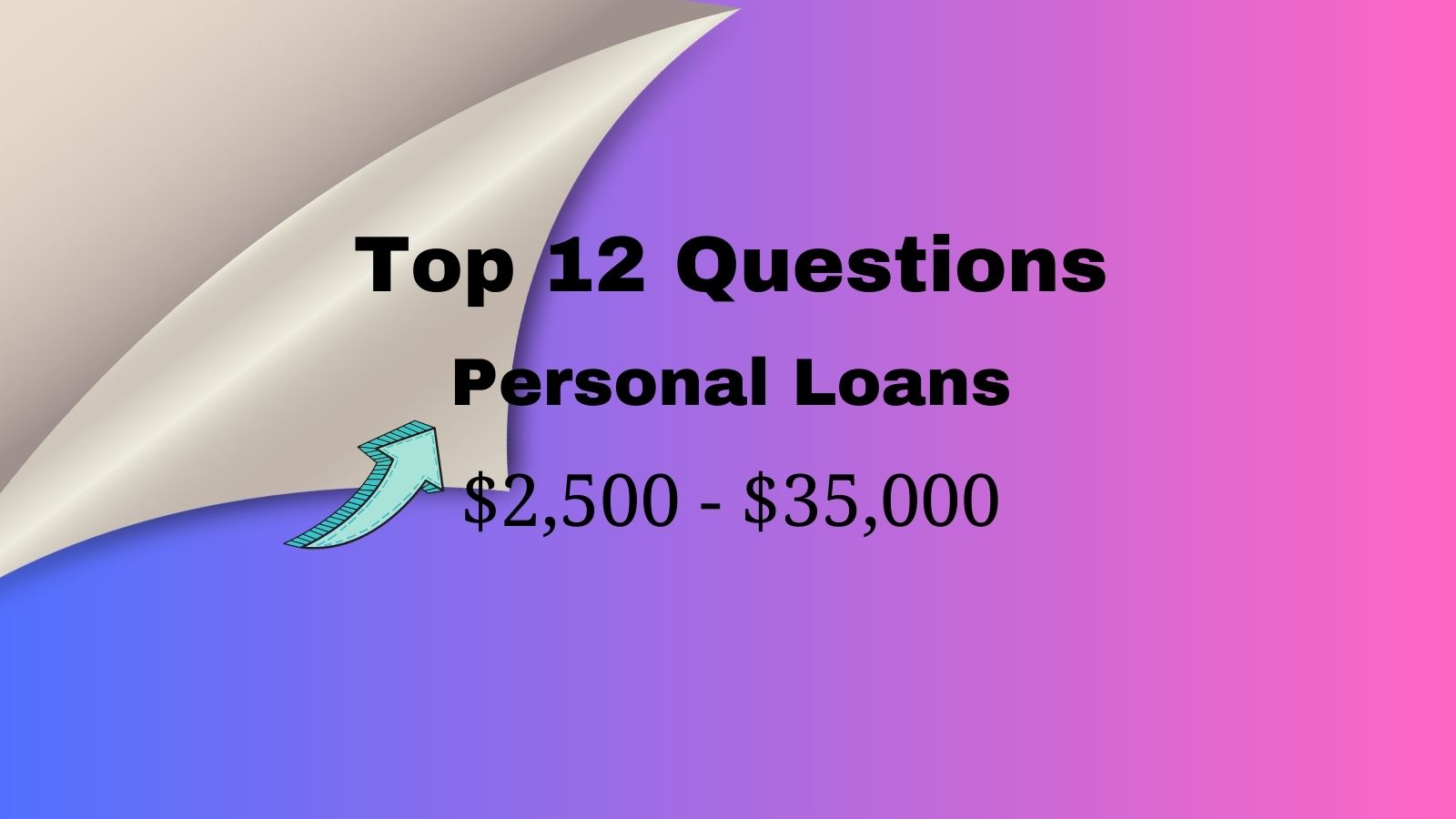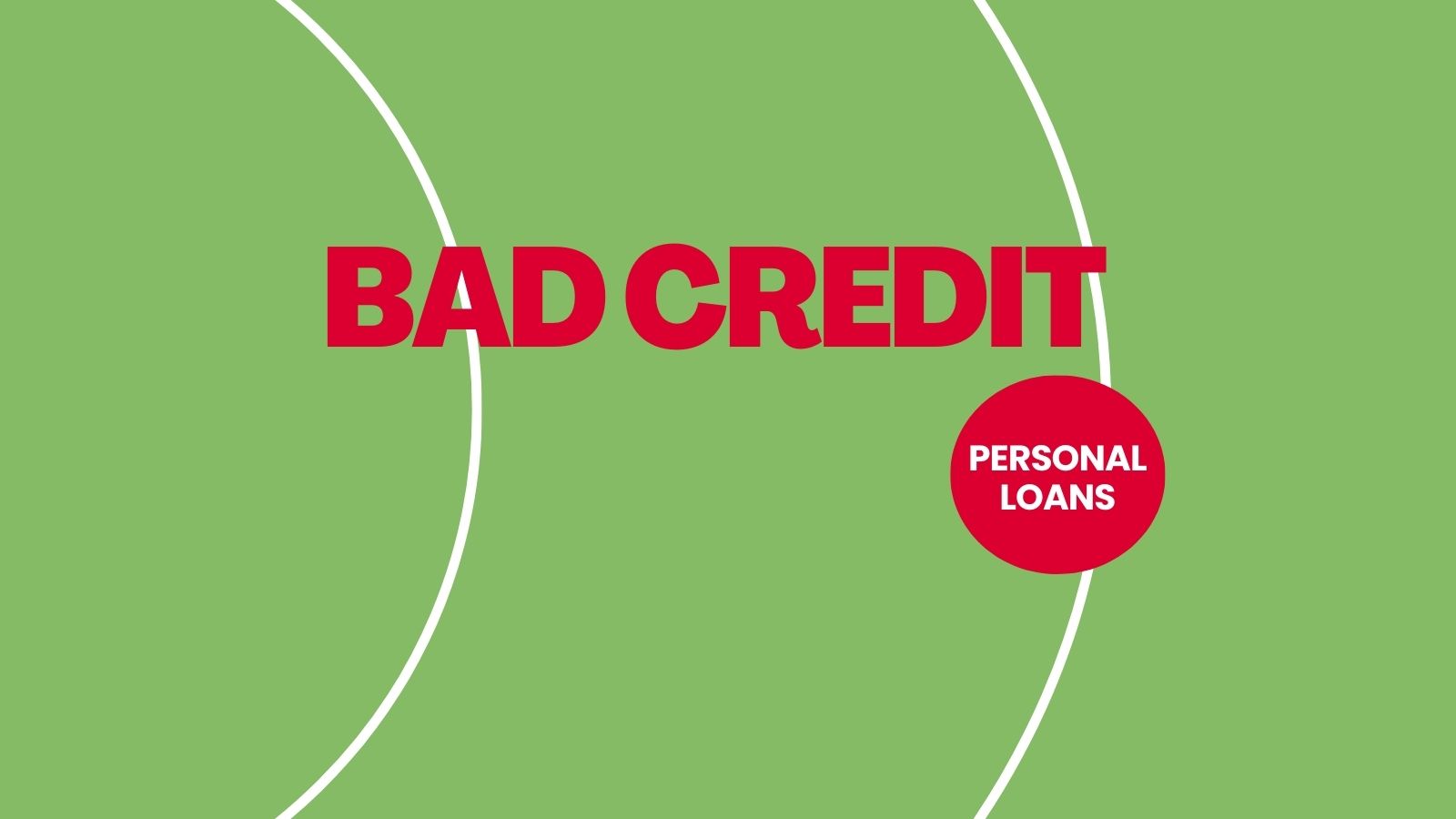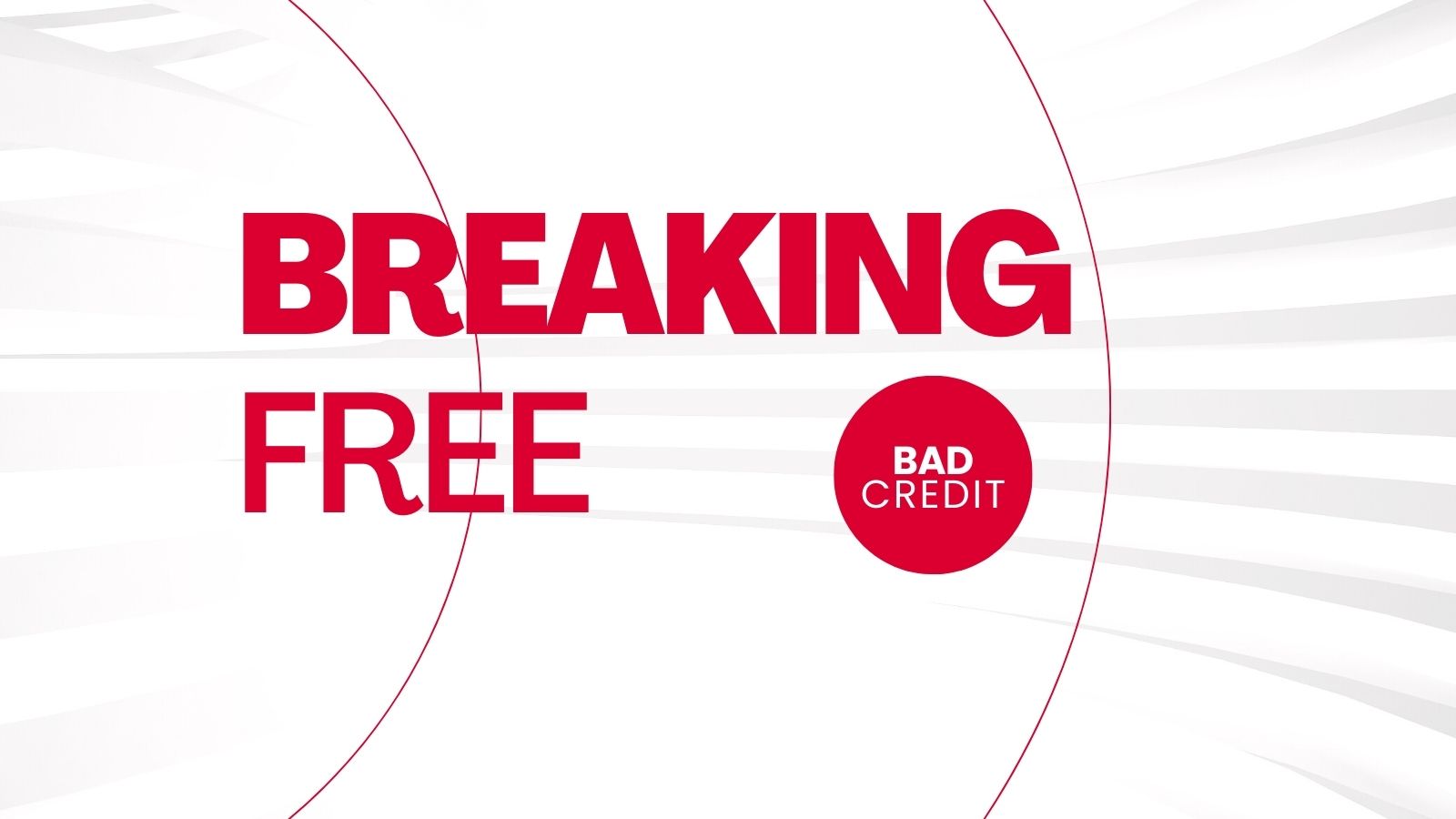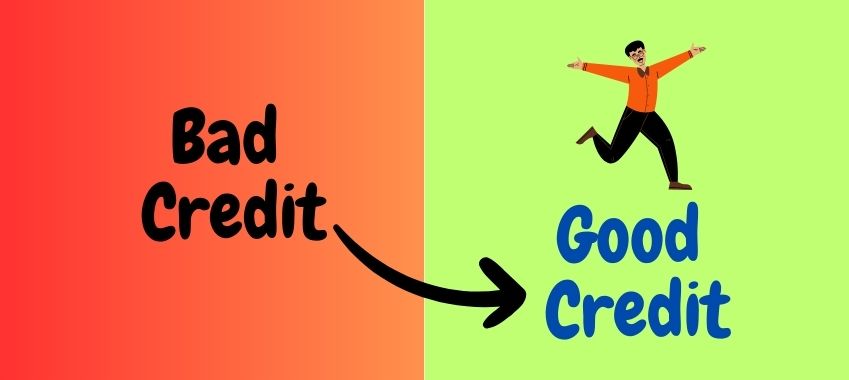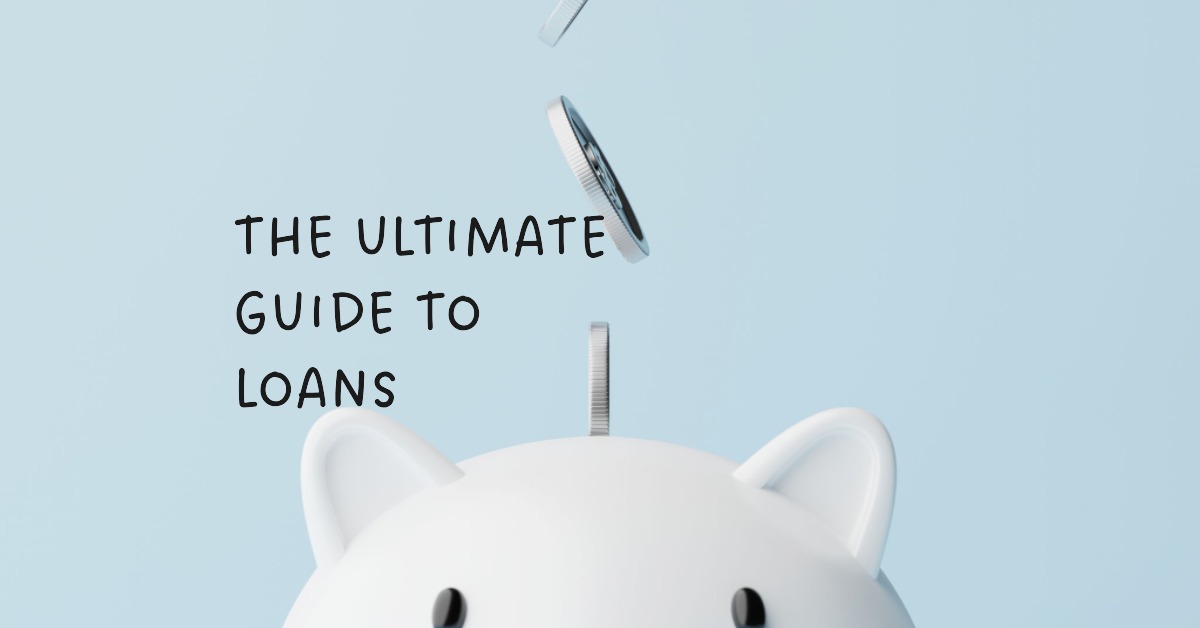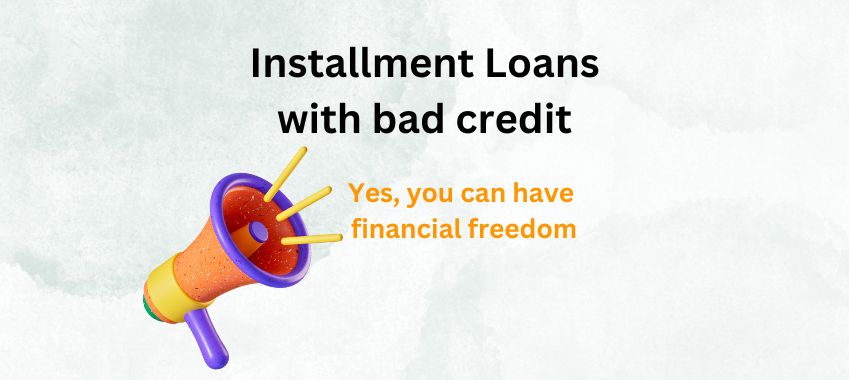Installment loans can be a helpful way to finance a major purchase, consolidate debt, or cover unexpected expenses quickly. Most Online installment loan lenders generally deposit the funds (money) into your bank account within one working day. The quick turnaround from approval to funding is what makes online installment loans a popular choice.
What is an installment loan?
An installment loan is a type of loan that is paid back in equal installments over a set period. The borrower receives the total loan amount upfront and makes regular payments to the lender until the loan is paid back in full. Online installment loans do not have a usage restriction and are available to borrowers with good and bad credit.
How do installment loans work?
When you apply for an installment loan online, the lender will assess your creditworthiness and determine the amount of loan you qualify for. The lender will also set the interest rate and repayment terms. Based on the online lender’s determinations, you will be offered a loan (if approved). Once you accept the loan, the funds will get transferred to the bank account you’ve provided on your application.
- No Up Front Fees
- No Obligations
- Competitive Rates
The pros and cons of installment loans
Pros
- Installment loans can be a convenient way to borrow money for a large purchase or to consolidate debt.
- The repayment terms are typically fixed, so you know exactly how much you will pay each month.
- Installment loans can help you improve your credit score by making on-time payments.
Cons
- Installment loans can be expensive, especially if you have a poor credit history.
- The interest rates on installment loans can be high.
- If you miss a payment, you may be subject to late fees and penalties.
How to get an installment loan
To apply for an installment loan, you will need to apply to a lender. You can apply online or in person. The lender will ask for information about your income, employment, residence, etc. Once the lender has approved your application, you will receive an offer. If you accept the offer, the loan proceeds with be deposited in your account.
Tips for choosing an installment loan
- Compare interest rates and fees from different lenders.
- Ask about prepayment penalties and discounts.
- Read the terms and conditions carefully before you sign the loan agreement.
- Make sure you can afford the monthly payments.
Choosing an Installment Loan Lender
Transparent Terms and Rates
One of the most important factors to consider when choosing an installment loan lender is the transparency of their terms and rates. This means that the lender should clearly disclose all of the fees and interest rates associated with the loan, so you know exactly what you are getting into.
Here are some specific things to look for:
- Interest rate: The interest rate is the amount of money you will pay to borrow the money.
- APR: The APR is the annual percentage rate, which includes the interest rate and other fees.
- Origination fee: The origination fee is a one-time fee that is charged to process the loan.
- Prepayment penalty: A prepayment penalty is a fee that may be charged if you repay the loan early.
- Loan term: The loan term is the length of time you have to repay the loan.
- Other Factors to Consider
- In addition to transparency of terms and rates, there are other factors to consider when choosing an installment loan lender. These include:
- Credit score requirements: Some lenders have minimum credit score requirements.
- Loan amount: The maximum loan amount you can borrow will vary depending on the lender.
- Repayment options: Some lenders offer flexible repayment options, such as the ability to make biweekly payments.
Importance of Working with Reputable Lender
Reputation and Experience
When it comes to borrowing money, it is important to work with a reputable lender. A reputable lender will be transparent about their terms and rates, and they will treat you fairly.
Here are some things to look for when choosing a reputable lender:
- BBB accreditation: The Better Business Bureau is a non-profit organization that rates businesses on their trustworthiness. Look for lenders that are accredited by the BBB.
- Positive reviews: Read online reviews of lenders to get an idea of their reputation.
- Long history: Lenders with a long history are more likely to be reputable. For example, GetMoney.com has been around since 2003.
- Transparent terms and rates: Lenders should be transparent about their terms and rates, so you know what you are getting into.
User-Friendly Interface
In addition to reputation and experience, it is also important to choose a lender with a user-friendly interface. This will make it easy for you to apply for a loan and manage your account.
Here are some things to look for when choosing a lender with a user-friendly interface:
- Easy to navigate website: The website should be easy to navigate and understand.
- Clear application process: The application process should be clear and straightforward.
- Accessible customer support: The lender should have accessible customer support in case you have any questions or problems.
Borrowing Wisely and Managing Online Installment Loans
Smart Borrowing Practices
Assessing Your Financial Situation :
Before you borrow money, it is important to assess your financial situation. This includes understanding your income, expenses, and debt. You should also consider your financial goals and how the loan will help you achieve them.
Here are some questions to ask yourself when assessing your financial situation:
- How much money do I make each month?
- How much money do I spend each month?
- How much debt do I have?
- What are my financial goals?
- How will the loan help me achieve my goals?
Borrowing Only What You Need
Only borrow the amount of money you need to cover your expenses. Don’t borrow more than you can afford to repay. It is also important to consider the total cost of the loan, including the interest rate, fees, and repayment terms. Make sure you can afford the monthly payments before you accept a loan.
Managing Installment Loan Repayments Effectively
Setting Up Automatic Payments
The best way to avoid late fees and penalties is to set up automatic payments for your loan through your bank or the lender’s website, ensuring you have sufficient funds in your account for each payment.
Handling Financial Hardships
If you experience financial hardships, such as a job loss or medical emergency, it is important to contact your lender as soon as possible. They may be able to work with you to create a payment plan that you can afford. Avoid taking out more loans to cover your current debts. Additional debt will only make your financial situation worse.
Here are some additional tips for managing your online installment loan payments:
- Create a budget and track your spending. This will help you stay on top of your finances and make sure you have enough money to make your payments.
- Build up an emergency fund. This will give you a financial cushion in case of unexpected expenses.
- Get help from a financial advisor. If you are struggling to manage your finances, a financial advisor can help you create a budget, develop a repayment plan, and avoid debt.
What to do if you can’t afford your installment loan payments
If you are struggling to make your installment loan payments, contact your lender as soon as possible. The lender may be able to work with you to create a payment plan that you can afford. You may also be able to refinance your loan to get a lower interest rate.
